Media rights heat up as esports companies work towards sustainability
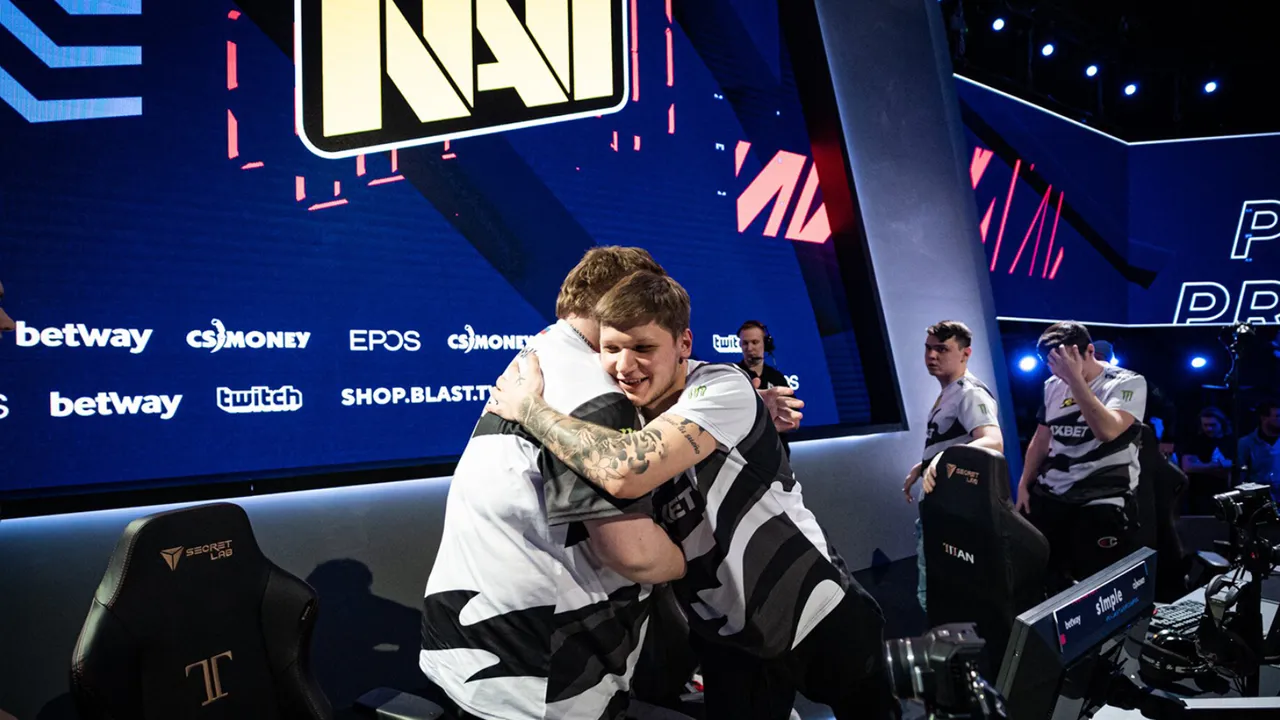
Prominent esports tournament organizers BLAST and PGL have both shared announcements that indicate that the esports industry is continuing to model itself closely on traditional sports, leaning on media rights for all-important revenue.
The importance: Tournament organizers, much like team brands, are searching in every corner to try and find the revenue needed to become profitable businesses.
- Media rights are the lifeblood, financially speaking, of many of the major sports. Football's English Premier League generated $3.9 billion in revenue from media rights deals in 2021 alone. That's more than esports is valued as an entire industry.
- Esports events companies currently make a prominent chunk of their revenue from sponsors. These events generally don't see the same footfall as many sports events do, meaning ticket sales, concessions, and merchandise sales provide much less revenue than seen in popular sports.
The latest developments: Both BLAST and PGL made announcements pertinent to media rights on February 3rd, potentially signalling a more positive future for their sector.
- BLAST revealed that it had secured 35 media rights deals on a global basis for its 2022 season, meaning its broadcasts will be shown in 25 languages across 130 territories. The company claimed to have increased the value of these rights. Hitmarker has contacted BLAST for the financial details.
- PGL extended its deal with IMG so that the agency will distribute media rights for its events on a global basis, while also helping the company to attract more sponsors. Notably, PGL just secured its second Counter-Strike: Global Offensive Major in a row, an event that's always a huge part of the overarching esports calendar.
The esports problem: There's undoubtedly a global interest in watching esports and gaming, so why aren't media rights deals more lucrative?
- Esports fans are accustomed to simply tuning in to esports broadcasts on Twitch. For free.
- When tournament organizers have secured deals that would take broadcasts away from Twitch, viewers didn't take to it kindly and essentially strong-armed the company into returning to the Amazon-owned platform as soon as possible.
- If viewers, who are essential to securing sponsors and thus producing the majority of an organizer's revenue, aren't willing to move to another platform to watch an esports event then it's a hard sell when attempting to close media rights deals.
Dive deeper: Report reveals major game streaming growth and trends in 2021
Esports is fragmented: Some competitive titles are run by the developers and publishers, others exclusively by third-party organizers. For example, a CS:GO fan couldn't buy a package deal for all of the game's competitive events as the likes of ESL, DreamHack, FACEIT, PGL, and StarLadder have all historically been battling for viewership and sponsorship. Collaboration and consolidation may be the key to creating a package deal that's enticing enough to pull consumers away from Twitch.
Now, imagine if any and all League of Legends esports was only viewable on YouTube — that may justify the switch for enthusiastic spectators, though undoubtedly some would still complain or even stop watching entirely.
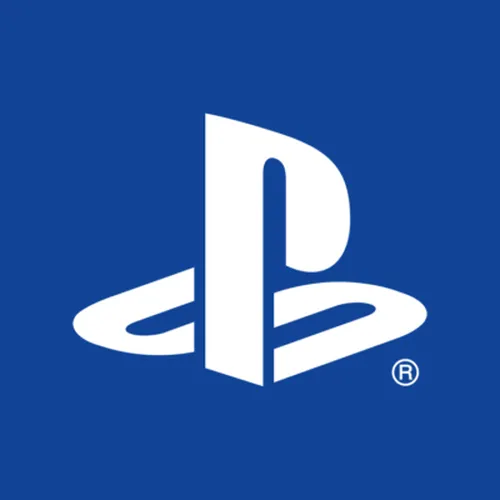 PlayStation
PlayStation
 Ubisoft
Ubisoft
 People Can Fly
People Can Fly
 Twitch
Twitch
 Voldex Games
Voldex Games
 Pocket Lobster
Pocket Lobster
-
 Sony and Honda announce PlayStation Remote Play integration for their upcoming Afeela 1 car
Sony and Honda announce PlayStation Remote Play integration for their upcoming Afeela 1 car -
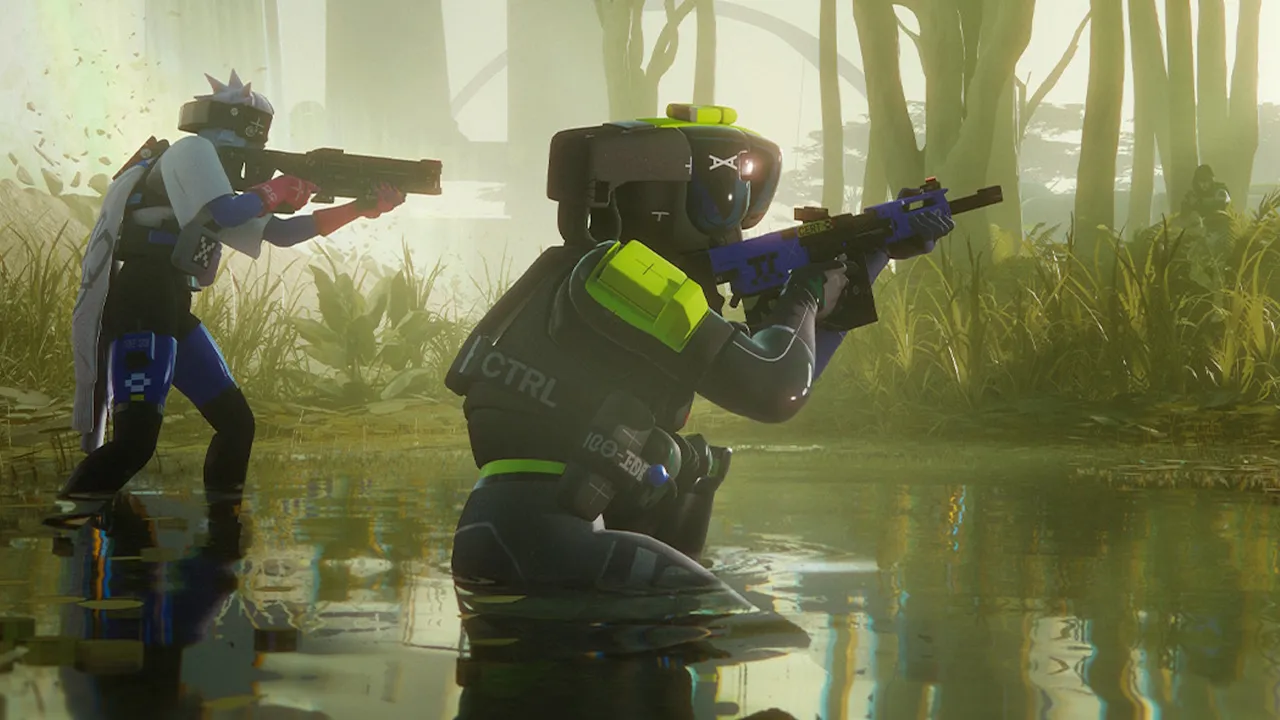 Marathon art director leaves Bungie ahead of game's launch next year
Marathon art director leaves Bungie ahead of game's launch next year -
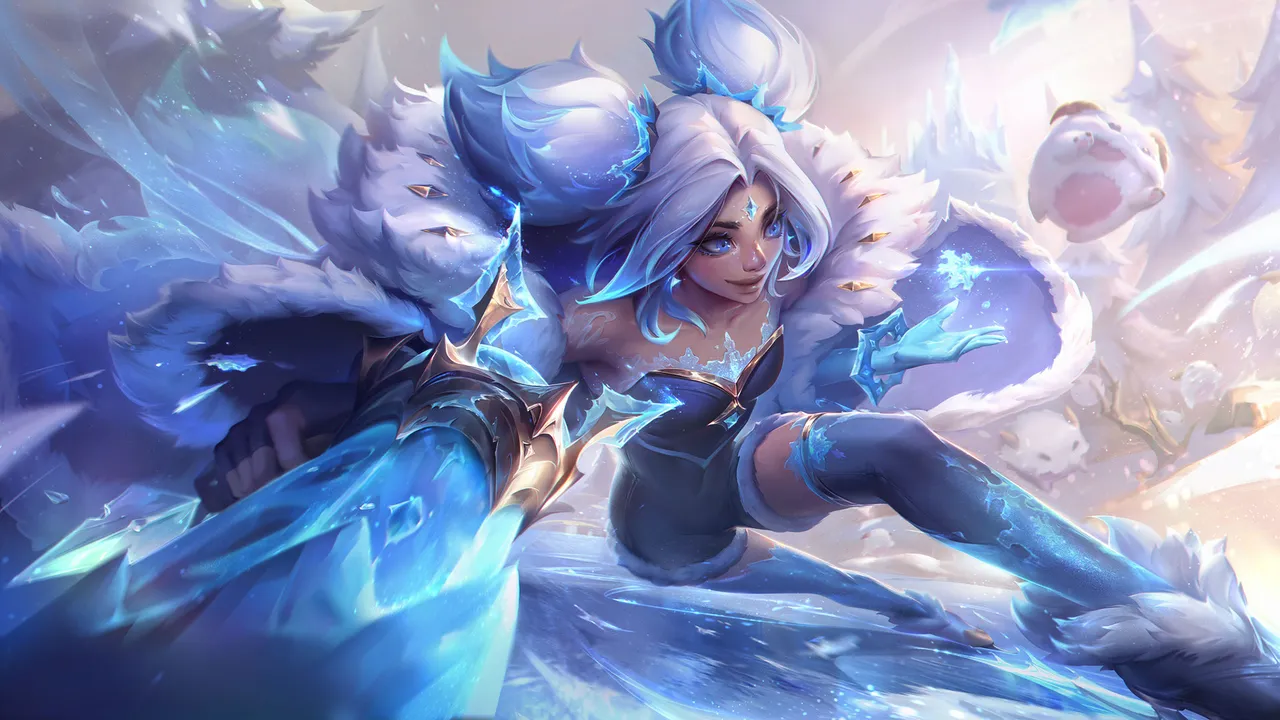 League of Legends to receive a total overhaul in 2027, Riot Games announces
League of Legends to receive a total overhaul in 2027, Riot Games announces -
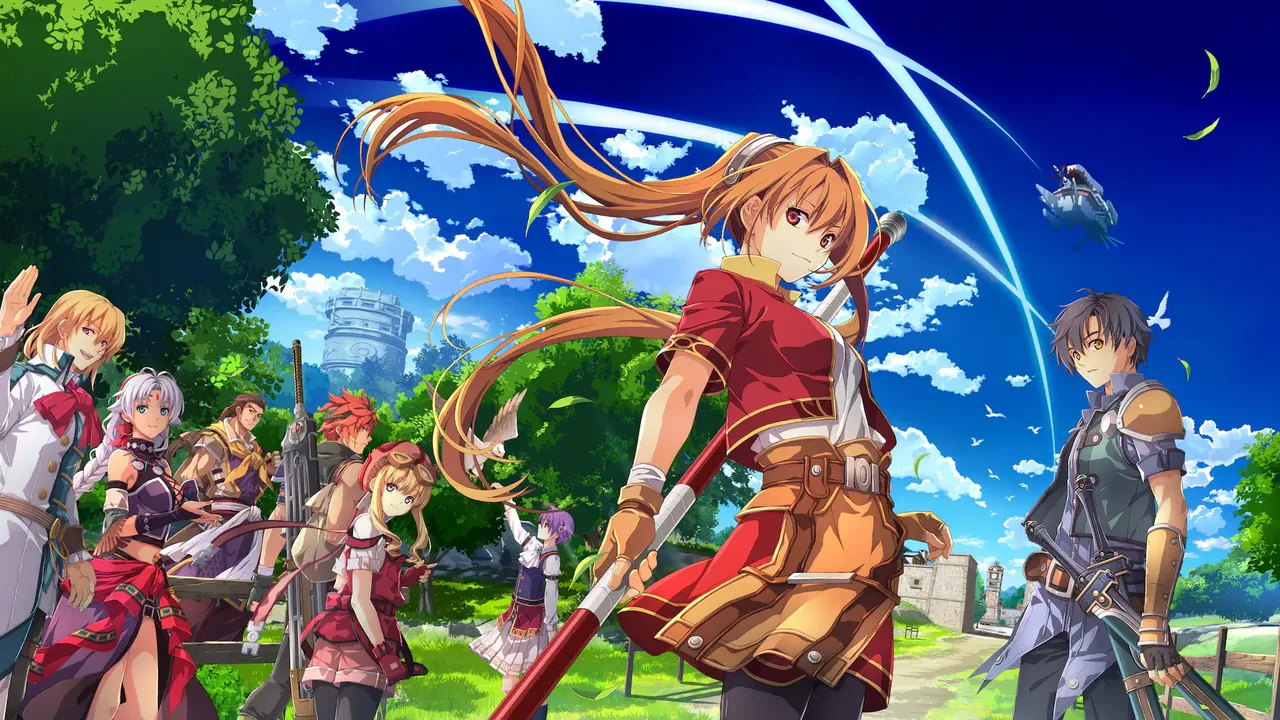 Trails in the Sky developer Falcom confirms it is using generative AI during development
Trails in the Sky developer Falcom confirms it is using generative AI during development -
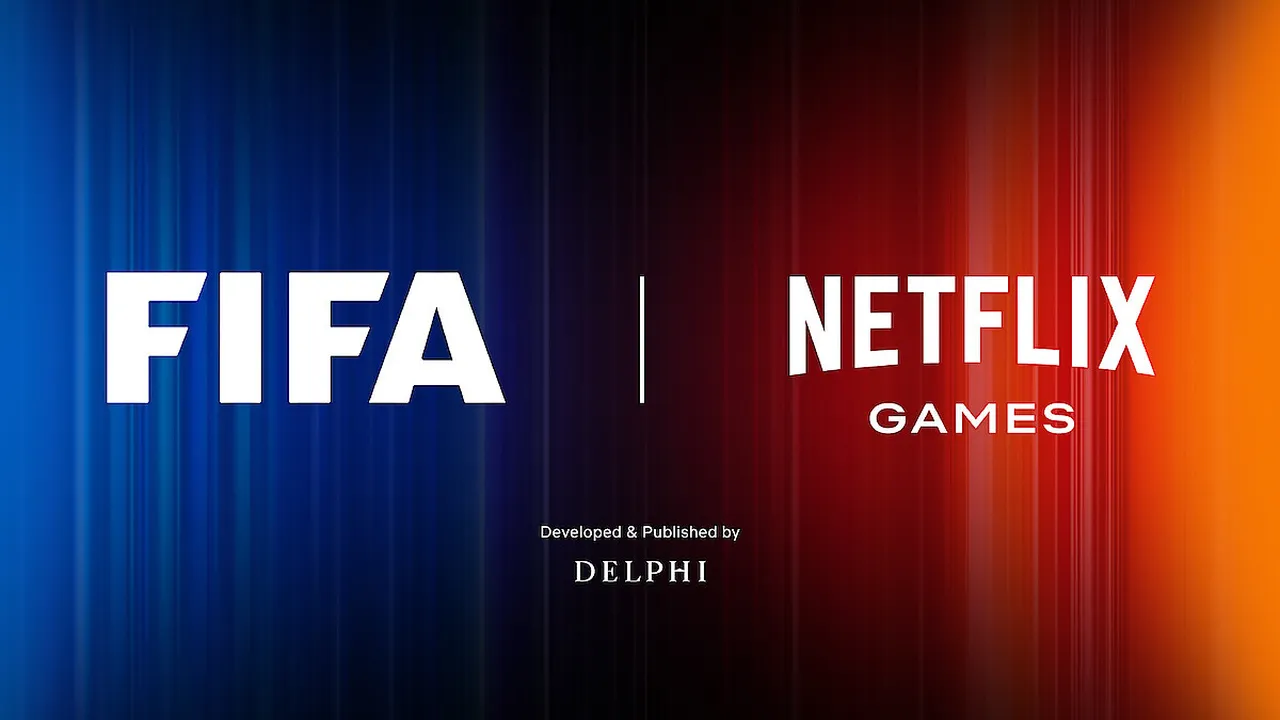 FIFA announces new partnership with Netflix to release a new 2026 World Cup video game
FIFA announces new partnership with Netflix to release a new 2026 World Cup video game -
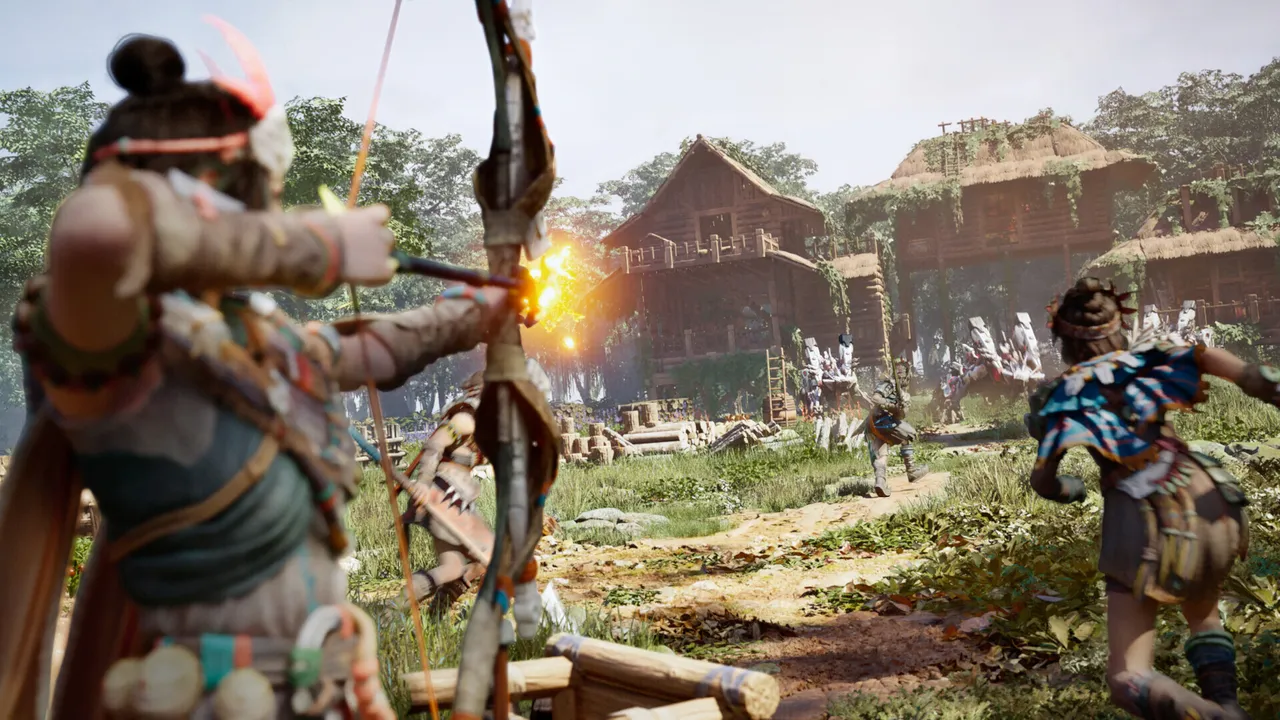 Sony and Tencent settle Horizon clone lawsuit with confidential agreement, Light of Motiram removed from storefronts
Sony and Tencent settle Horizon clone lawsuit with confidential agreement, Light of Motiram removed from storefronts -
 Todd Howard confirms The Elder Scrolls 6 development is progressing well, but wishes it went a "little faster"
Todd Howard confirms The Elder Scrolls 6 development is progressing well, but wishes it went a "little faster" -
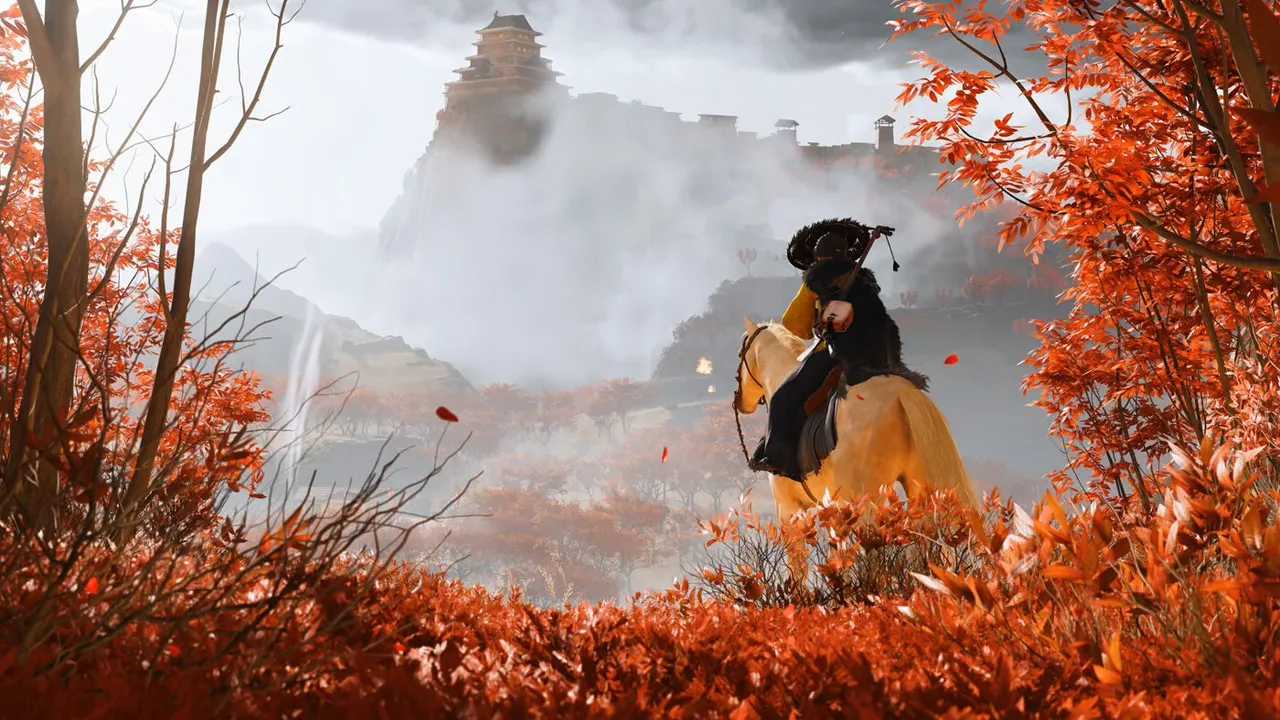 Sucker Punch co-founder Brian Fleming steps down as Studio Head
Sucker Punch co-founder Brian Fleming steps down as Studio Head -
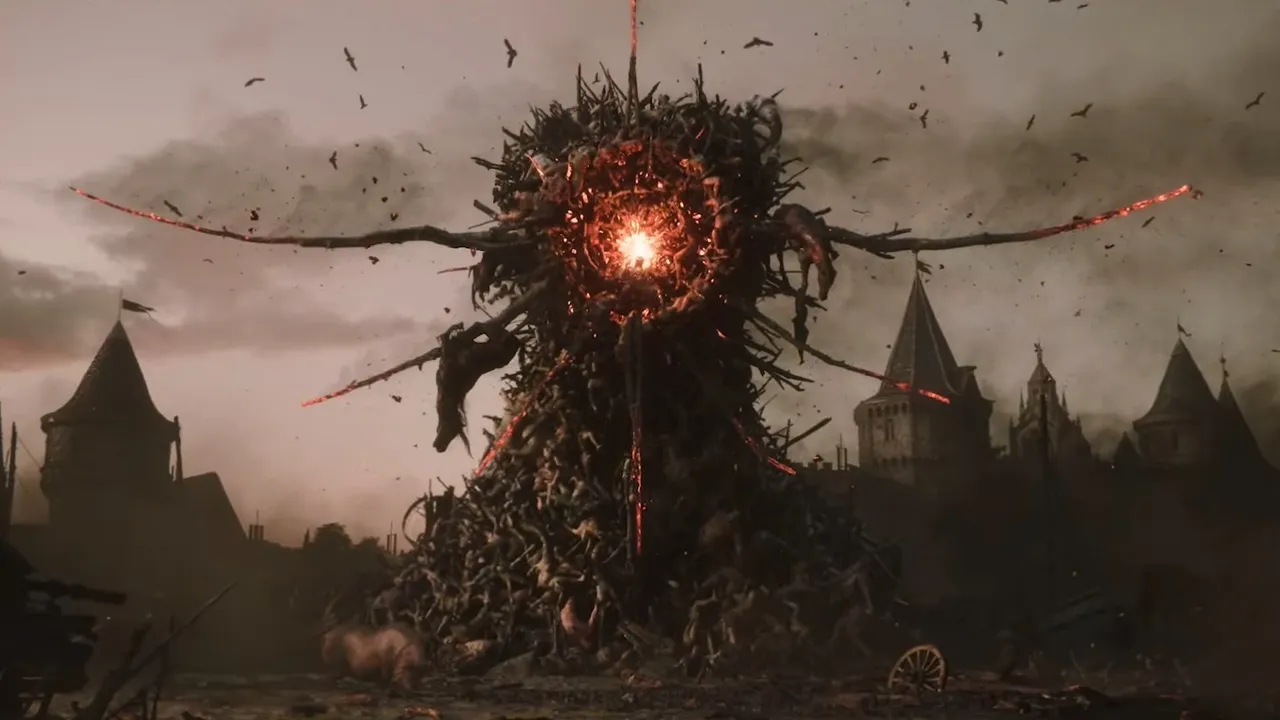 Larian CEO defends Divinity generative AI usage following backlash
Larian CEO defends Divinity generative AI usage following backlash -
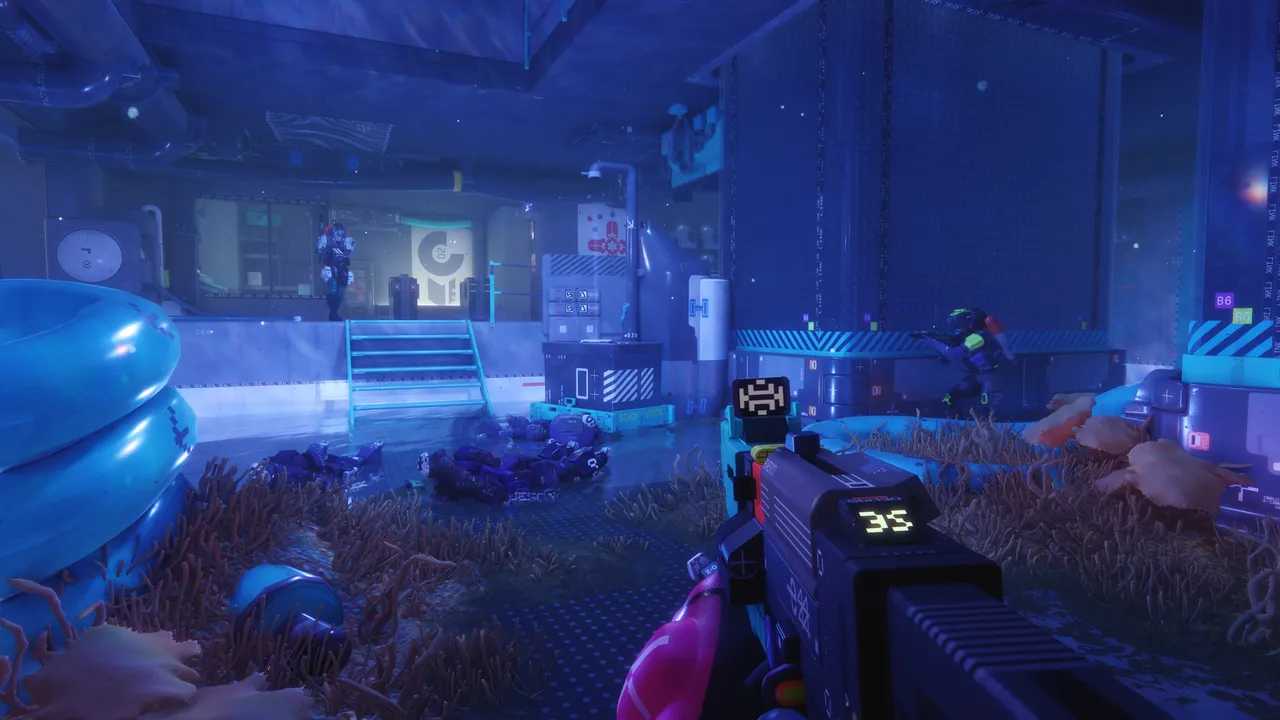 Marathon will arrive in March 2026 and cost $40, Bungie announces
Marathon will arrive in March 2026 and cost $40, Bungie announces -
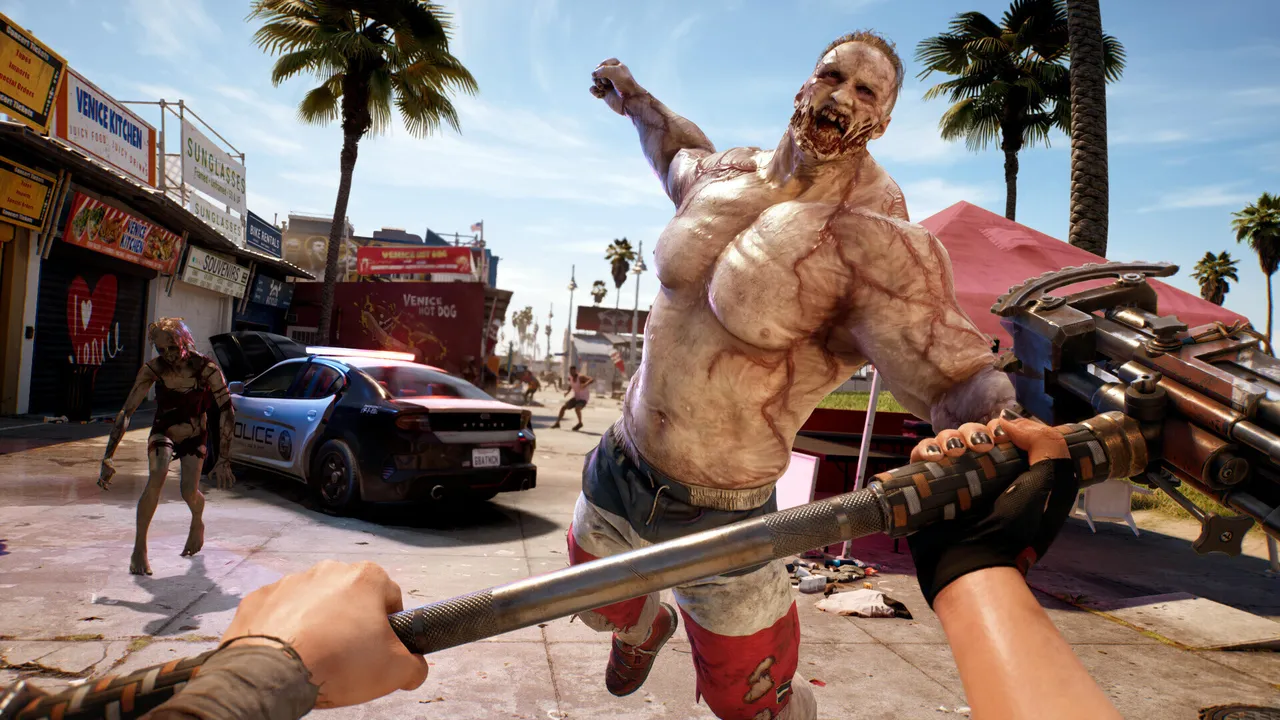 Dead Island 3 is aiming for a 2028 release, Dambuster Studios reveals
Dead Island 3 is aiming for a 2028 release, Dambuster Studios reveals -
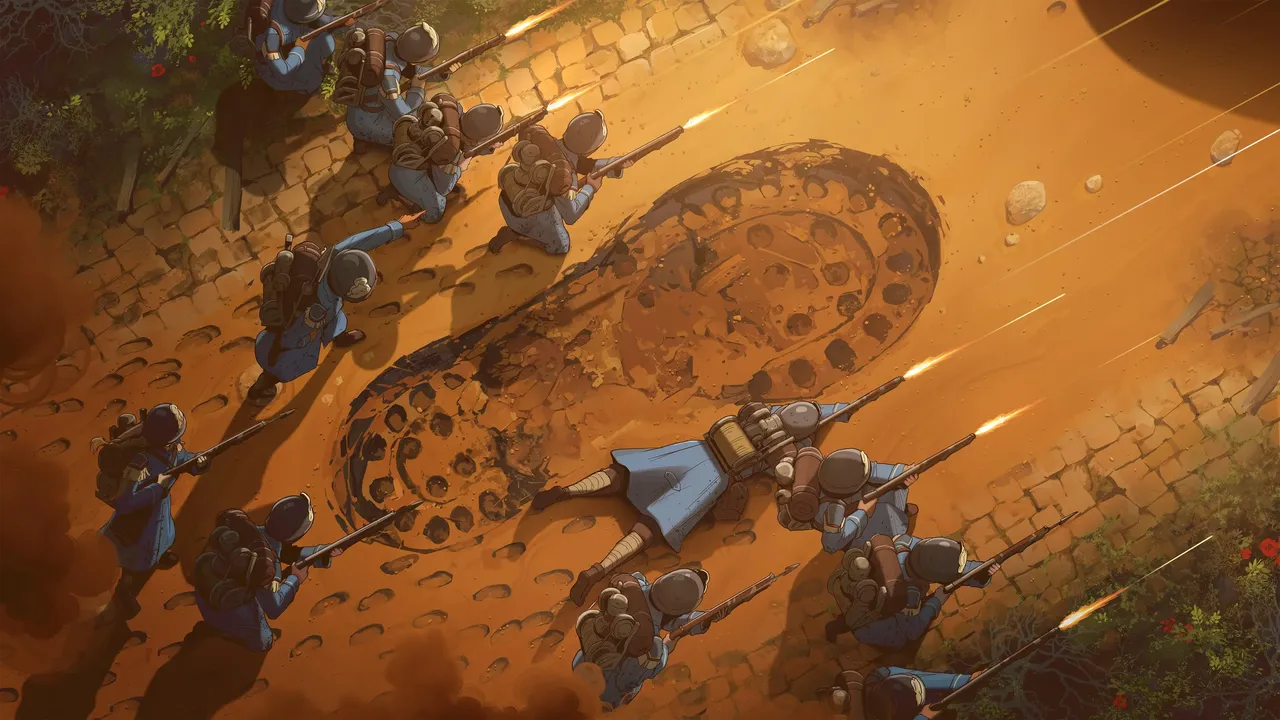 Amazon Games Montreal sold to Ubisoft following major layoffs earlier this year
Amazon Games Montreal sold to Ubisoft following major layoffs earlier this year